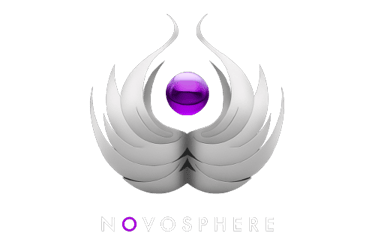Breakthrough Therapy Found to Substantially Benefit Alzheimer's Patients, MIT Study Finds
MIT's Picower Institute has conducted early-stage clinical studies on the safety and efficacy of 40Hz sensory stimulation as a potential therapy for Alzheimer's disease. The therapy was well-tolerated, produced no serious adverse effects, and showed significant neurological and behavioral benefits among a small cohort of participants.
ALZHEIMERRADIOLOGY
Yasir Bucha
9/20/20231 min read


A Ray of Hope in Alzheimer's Treatment: MIT's Breakthrough 40Hz Sensory Stimulation
Alzheimer's disease has long been a challenge for healthcare professionals and researchers alike. However, a recent study from MIT's Picower Institute offers a glimmer of hope. The institute has been testing the safety and efficacy of 40Hz sensory stimulation as a potential non-invasive therapy for Alzheimer's disease. The results are promising.
The Science Behind 40Hz Sensory Stimulation
The therapy involves exposing patients to light flickering or sound clicking at the gamma-band brain rhythm frequency of 40Hz. This exposure has shown widespread beneficial effects in mice models, including improvements in learning and memory, reduced brain atrophy, and lower levels of Alzheimer's hallmark proteins.
Clinical Studies and Results
Two sets of clinical studies were conducted. The Phase 1 study involved 43 volunteers, including 16 people with early-stage Alzheimer's, and confirmed that the therapy was safe. The Phase 2A pilot study enrolled 15 people with early-stage Alzheimer's for a single-blinded, randomized, controlled study. The treated patients showed better connectivity across brain regions and more consistent sleep patterns compared to the control group.
The Road Ahead
While the results are not conclusive, they are encouraging enough to warrant further investigation. The MIT team is planning new clinical studies to test the therapy's effectiveness in preventing Alzheimer's onset in high-risk volunteers and is exploring its potential for treating Parkinson's disease and Down syndrome.
#HealthcareTomorrow #MITResearch #AlzheimersTreatment #InnovativeTherapies #NeurologicalBreakthroughs
NovoSphere
Creating Convenience Through Innovation
Copyrights © 2023 - NovoSphere | All rights Reserved

